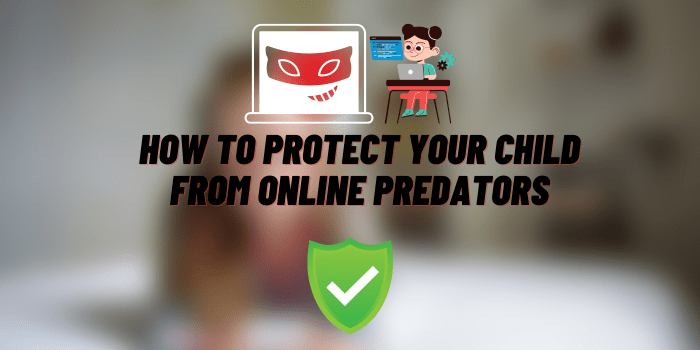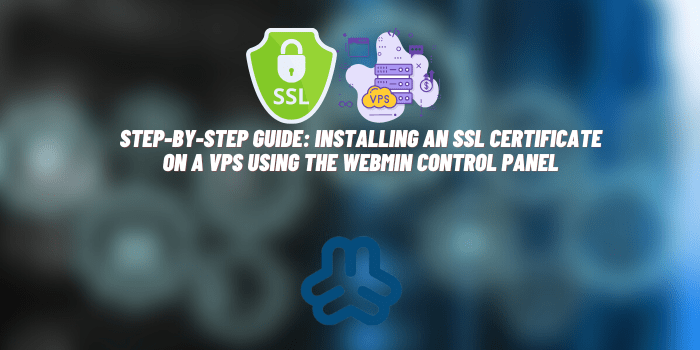How to Protect Your Child from Online Predators
In today’s world, where our kids are growing up online, the hidden threat of online predators is something we can’t ignore. These individuals exploit the anonymity of the internet to target children, often with harmful intentions. As parents, it’s natural to feel a bit overwhelmed by this, but taking active steps to protect our little ones online is more important than ever.
This article is here to guide you through understanding these risks and arming you with practical, easy-to-implement tips to keep your children safe online.
Recognizing and Avoiding Online Grooming

Grooming is when someone builds a relationship, trust, and emotional connection with a child, often starting through shared interests to manipulate the child. It’s scary, I know. Look out for warning signs:
- Maybe your child receives gifts from an unknown source: the groomer might give the child excessive attention or send them gifts, which can be a tactic to win their trust and affection.
- Maybe your child can get a question for personal details, like the child’s home address, school name, or family information, often under the guise of forming a closer bond.
- But the most worrying sign is that the groomer may urge the child to keep their communication a secret, possibly warning them about the consequences of telling their parents or friends about their interactions.
This is why it’s important to teach your children about safe online interactions. Remind them that not everyone online is who they seem to be.
Apps like Spybubble vs. mSpy can be a big help here. It lets you keep an eye on who your kids are talking to and what they’re sharing. It’s about being one step ahead, monitoring their messages, and getting alerts on your phone if there was an inappropriate word used in their communication. Using mSpy ensures their online world remains a safe space.
Open Communication and Education
It’s far more effective to proactively prevent dangers than to deal with them after they’ve occurred. Thus, parents should have open conversations with their children about online predators, particularly with those who might feel lonely or struggle with low self-esteem. These children can be more susceptible to the false sense of friendship and understanding that predators offer.
Educate your kids about the dangers of interacting with strangers online. Explain that people online may not always be who they claim to be, and it’s okay to be cautious. Stress the importance of reporting any interaction that feels uncomfortable or suspicious, and assure them that they can always come to you for help and guidance.
Setting Online Safety Guidelines

Let’s learn how to establish clear online safety guidelines since it is a fundamental step in protecting your children in the digital world. Here are some tips:
- Avoid names that are suggestive or reveal personal information.
- Teach your kids the importance of not sharing personal or inappropriate photos.
- Define who they can interact with online and ensure they avoid strangers.
- Regularly check in on your child’s online activities and the websites they visit.
By setting these guidelines, you create a framework that not only safeguards your children but also educates them on responsible and safe internet usage.
Conclusion
In conclusion, safeguarding children from online predators involves a blend of alertness, education, and open communication. Following the protective measures described in the article can help in keeping the children safe.






